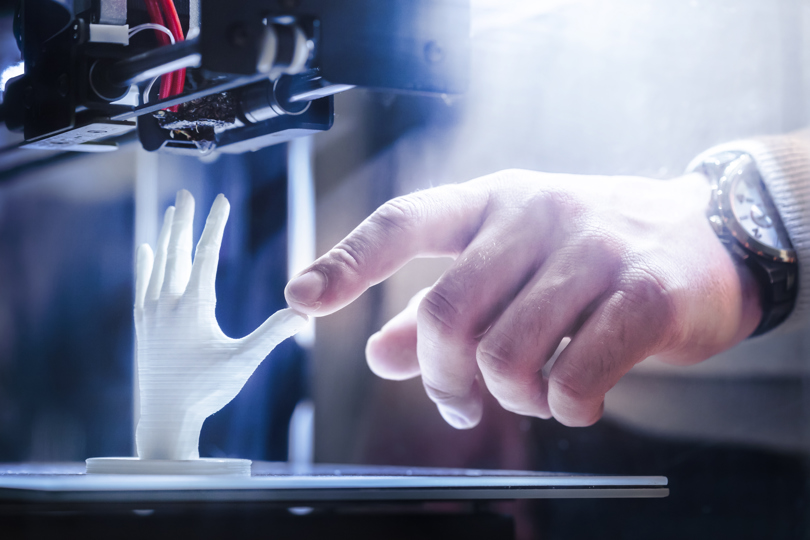
The article was co-authored with Prof. Lihi Adler-Abramovich of Tel Aviv University’s School of Dental Medicine
ABSTRACT:Technologies for the 3D printing of soft materials incorporating biomaterials enable to fabricate tissue and organ-like structures. One of the most common bioinks is gelatin-based gel, due to its ease of printing and excellent biocompatibility. However, to fabricate tissues that are structurally and mechanically stable under physiological conditions, the gelatin must be reinforced. The most common approach is to use a gelatin derivative that undergoes post-printing UV radiation, which causes the gel to solidify and stabilize. UV radiation can harm the cells that are incorporated and printed with the gel, thus decreasing their amount and vitality. To overcome this challenge, the study examined a novel approach to reinforcing the gelatin without need for UV radiation. This approach is based on the strong chemical bonding of gelatin to a peptide with excellent mechanical properties. Additional molecules were incorporated that improve the viscosity, hydrophilicity, and elasticity essential to 3D printing. The article demonstrated the new gels’ printing capabilities, their properties and stability in physiological conditions, and their biocompatibility.


Dr. Moran Aviv published an article in Nanoscale
Share a link using:
https://www.afeka.ac.il/en/industry-relations/research-authority/dr-moran-aviv-published-an-article-in-nanoscale/WhatsApp
Facebook
Twitter
Email
https://www.afeka.ac.il/en/industry-relations/research-authority/dr-moran-aviv-published-an-article-in-nanoscale/